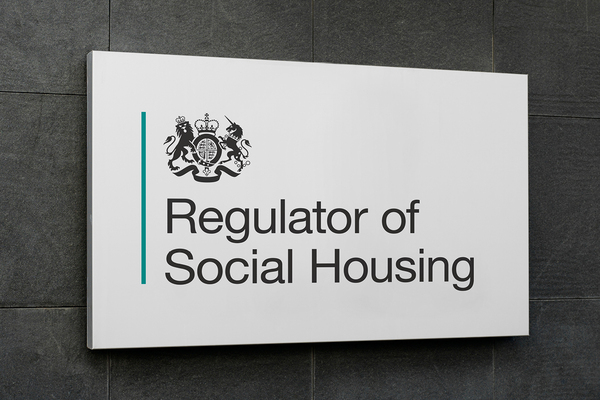Regulator to become ‘more vocal’ in criticism of lease-based providers
England’s social housing regulator will become “more vocal” in its criticism of housing associations operating a controversial lease-based model, after receiving the High Court’s backing last week.
The Regulator of Social Housing (RSH) told Inside Housing that it “can’t see improvements coming fast enough” at troubled housing associations operating the model and that in some cases the situation is worsening.
It is planning to be “more vocal” about its concerns over the model after receiving the backing of a High Court judge late last month.
Inclusion Housing Community Interest Company launched a landmark legal attempt to quash a regulatory judgement from February last year, which declared it as non-compliant with RSH standards.
But the High Court dismissed Inclusion’s claim, upholding the judgement.
Inclusion is one of around 30 housing associations operating a business model based on leasing supported housing from investment funds.
The associations agree to pay inflation-linked rents to these funds but can find themselves in financial trouble if they struggle to meet their commitments – with at least one coming close to insolvency.
Handing down his ruling last week, judge Martin Chamberlain said the regulator was “entitled to conclude that a provider whose business model is judged to involve too much risk has failed to ensure an effective risk management framework”.
Speaking after the judgement, Jonathan Walters, deputy chief executive of the RSH, said: “You may see us being more vocal about what we think about this model, with potentially more judgements coming out and more engagement with the freeholders.
“We’re a year into this now and we can’t see improvements coming fast enough – in fact, in some cases, the situation appears to be getting worse.”
The RSH has declared 10 leased-based supported housing providers in breach of its standards since one, First Priority Housing Association, nearly went bust in 2018.
Mr Walters added: “The judgement doesn’t change what we think about the model. We do think the way it’s being operated at the moment is risky. Some of that is because the balance of risk and reward is still very much in favour of the freeholders.”
He said that “to draw attention to our ongoing concerns”, the RSH is considering publishing a follow-up to its highly critical report on the lease-based model, which was issued in April last year.
Inclusion has 21 days from the date of the judgement – 24 February – to request an appeal.
A spokesperson for Inclusion said it “continues to thrive financially with year-upon-year strengthening of our balance sheet, cash reserves and surplus” and “does the right thing in delivering much needed specialist supported housing to the disabled and the most vulnerable in society”.
Max Shenkman, head of investments at Triple Point Social Housing REIT, a real estate investment trust which is the freeholder of supported housing managed by some lease-based providers, said: “We are long-term investors in the sector, committed to providing much-needed homes for life in the community for vulnerable people with ongoing care needs.
“As such, we are aligned with the regulator’s interest in the sector’s sustainability over the long term. We have been working closely with the regulator and our partner registered providers over the past year to address risks and ensure sustainability and the highest standards of delivery for residents.”
Lease-based providers the regulator has found non-compliant
Regulatory gradings (for providers with more than 1,000 homes):
Prospect Housing (G3/V3 in May 2020)
New Roots (G3/V3 in February 2020)
Westmoreland (G4/V3 in September 2019)
Inclusion (G3/V3 in February 2019)
Sustain (UK) (G3/V2 in January 2019)
Trinity (G3/V3 in November 2018)
Regulatory notices (for providers with fewer than 1,000 homes):
Larch (November 2019)
Expectations (UK) (September 2019)
Bespoke Supportive Tenancies (May 2019)
Encircle (April 2019)
First Priority (February 2018)












